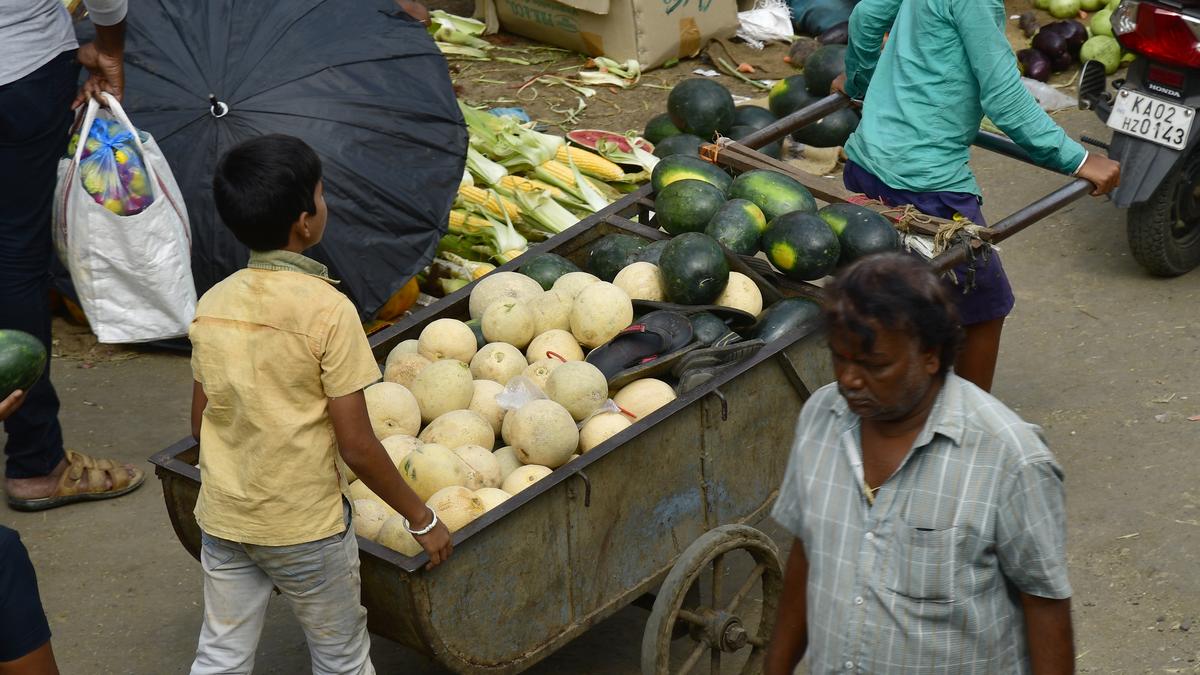Bengaluru's Big EV Push: A Boon for Street Vendors or Another Missed Opportunity?
Get ready, because Bengaluru is electrifying its street food scene! The Bruhat Bengaluru Mahanagara Palike (BBMP) is splashing a whopping ₹40 crore to give street vendors electric vehicles (EVs) – and it's almost too good to be true, with a 90% subsidy! But is this groundbreaking initiative all it's cracked up to be, or are there hidden speed bumps that might leave many vendors out in the cold? Let's dive in and explore the shocking realities behind this ambitious plan.
The Electrifying Offer: 90% Subsidy on Custom-Designed EVs
The BBMP's Social Welfare Department is crafting five unique EV designs, each tailored to specific street trades. Picture this: electric carts designed to house everything from sizzling stoves and gas cylinders (for food vendors), to chic displays to showcase the latest clothes and accessories. Talk about a modern makeover! The civic body is offering a massive 90% subsidy on the vehicles, capping it at ₹1.5 lakh. While this generous offer sounds like a dream come true, vendors must contribute at least 10% of the vehicle's cost, putting the base price of the electric vehicles at ₹1.45 lakh. In a surprise twist, the BBMP is also providing some custom-designed manual pushcarts at a mere ₹20,000. Will this initiative encourage the transition to eco-friendly practices among street vendors, and help them achieve better hygiene and improved income?
The Catch: Vending Zones, Surveys, and a Lobby to Remove Street Vendors
The initial reaction from street vendors’ unions? A mix of excitement and skepticism. While they welcomed the plan wholeheartedly, concerns immediately surfaced. They pointed to several problematic areas, raising their apprehensions over the true nature of this apparently philanthropic plan. Several leaders expressed that this plan is an attempt to suppress the voices of the street vendors who advocate for better vending zone infrastructure and proper registration. This comes despite existing legal measures that are meant to ensure their rights. There is worry that providing EV push carts is only one part of the picture and if vending zones are not established the program would simply serve as another reason to relocate the vendors. The BBMP is currently conducting a survey to identify street vendors. The issue here is that the survey, according to activist Lekha Adavi, hasn’t even enrolled half of the street vendors, as several restrictions like having a local ration card have been imposed.
BBMP's Response: Addressing Concerns and Future Plans
Civic officials claim that priority will be given to street vendors already registered, and clarified that it is not mandatory for one to have an official enrolment to benefit from the project. However, activists feel the system is a little too convoluted, with conflicting requirements regarding enrolment in a survey that determines whether one has access to welfare benefits as compared to assigning vending spots. Furthermore, a larger issue has emerged about current regulations that have led to harassment of street vendors using vehicles that fall under the Motor Vehicles Act despite existing under the Street Vendors Act, 2014.
What's Next? A Look Ahead and Possible Improvements
This is an annual program, with an emphasis on inclusion for a wider group of vendors than just the surveyed candidates. For street vendors to gain a true and lasting advantage, improvements and clarifications must occur, especially surrounding the necessity of a formal survey enrolment for benefit acquisition and a potential contradiction in regulating vendors who already fall under the ambit of the Street Vendors Protection Act, 2014. The BBMP could further make this process transparent to increase the accessibility and equity of this already very welcome new initiative. Further measures like providing clean water and toilets in proximity to designated vending zones would improve this project dramatically.









